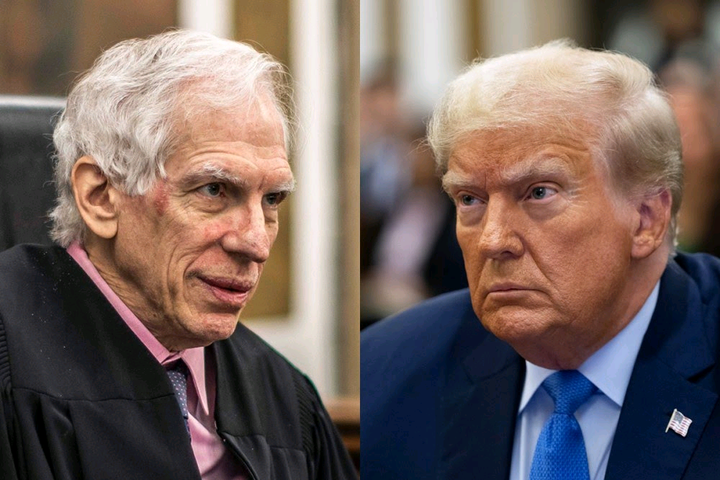
The civil fraud trial against President Trump, originally scheduled to conclude by January 31, is now facing a delay until early to mid-February, according to a statement from a spokesperson for a New York court on Thursday, February 1, 2024.
This extension, characterized as a “rough estimate,” is anticipated to lead to a written filing.
While the specific cause for the delay remains unclear, speculation has arisen concerning a recent letter from former federal judge Barbara Jones. Appointed by Clinton, she has overseen the Trump Organization’s financial reports since November 2022. In her letter dated January 26, Jones pointed out “certain deficiencies” in financial information, citing incomplete disclosures, inconsistent results, and potential errors.
The focus of attention was a $48 million loan obtained by Trump in 2012 for his Chicago building. Despite Trump reporting the loan as a liability over several years, the Trump Organization later asserted that the loan never existed.
While Judge Jones refrained from definitively declaring fraudulent activity, she issued a caution that if the identified deficiencies were not addressed, there could be the potential for further misstatements and errors.
Judge Engoron, who had previously ruled that Trump engaged in fraud, leading to the dissolution order of Trump’s New York businesses, is now faced with additional considerations following Jones’s letter.
The New York appellate court has temporarily halted Engoron’s order, marking a significant development in a case initiated by Attorney General Letitia James. Initially seeking $250 million in damages, the amount later increased to $370 million.
Of note, James is pursuing a lifetime ban on Trump and his sons from operating any businesses in New York, alleging the inflation of assets and defrauding lenders and insurance companies.
The case has witnessed intriguing developments, including a Deutsche Bank executive’s testimony in November, suggesting that reducing a client’s asset values, as Trump allegedly did, is not entirely uncommon in high-profile cases.

Trump vehemently disputes the charges, characterizing the prosecution as “election interference at the highest level.”
Despite initial constraints on delivering a closing statement, Trump seized the opportunity to criticize both Judge Engoron and Attorney General James. He portrayed himself as a victim and accused the judge of pursuing a personal agenda.
With the trial’s verdict hanging in uncertainty due to the unexpected delay and the added scrutiny resulting from Barbara Jones’s letter, the legal landscape surrounding Trump’s financial dealings remains in flux.
The outcome of this high-stakes trial holds significance not only for Trump personally but also for the broader political and legal discourse, given the case’s high-profile nature and its intersection with electoral politics.
The delay introduces an element of suspense, leaving both supporters and critics eagerly anticipating the resolution of this intricate and contentious legal saga.